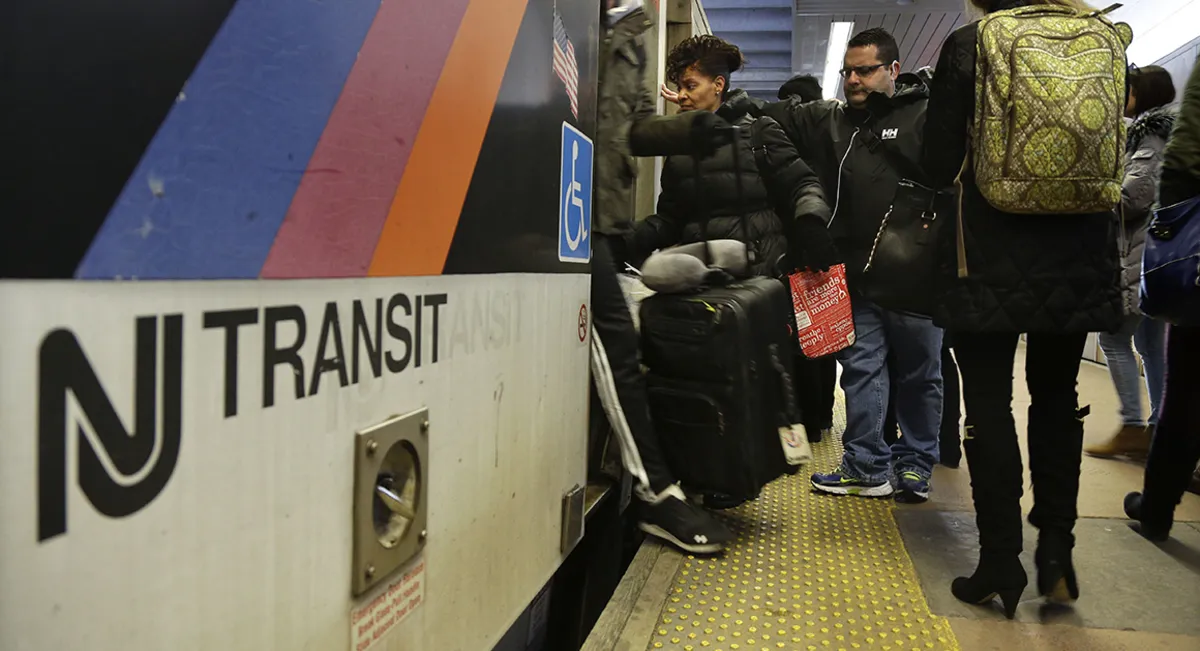
The BLET, or Brotherhood of Locomotive Engineers and Trainmen, recently concluded negotiations with NJ Transit, achieving pay comparable to that of engineers at nearby railroads, including the Long Island Rail Road. This agreement is significant, as NJ Transit has been grappling with financial instability for years and aimed to avoid further budget deficits.
The BLET union sought to secure fair compensation for its engineers, reflecting the competitive wages offered by other regional rail organizations. Meanwhile, NJ Transit, which has faced ongoing financial challenges, was working diligently to manage its budget without incurring significant costs or necessitating fare increases.
The general chair of the BLET for NJ Transit remarked that the union successfully demonstrated to management potential strategies to enhance engineers' wages. These strategies were designed to bolster both retention and recruitment efforts for NJ Transit, all while maintaining budgetary integrity.
New Jersey Governor Phil Murphy hailed the deal as a "very good outcome," recognizing NJ Transit CEO Kris Kolluri as “this week’s MVP.” Kolluri assumed leadership of the agency in January and faced immediate challenges, including a contract dispute with the union that had been escalating since before the pandemic.
During a press conference, Governor Murphy noted, “The sound that you probably hear is the sound of our state’s commuters breathing a collective sigh of relief.” Although the specific terms of the tentative agreement are not yet public, they must still be reviewed and voted on by the union’s rank and file.
In April, members of the BLET overwhelmingly rejected a proposed agreement, leading to a strike that commenced at 12:01 a.m. on Friday. Fortunately for the Murphy administration, the strike began on a Friday, typically one of the lowest ridership days of the week. NJ Transit indicated that approximately 24 hours would be needed to inspect and prepare the tracks before service could resume, urging riders to limit their use of the transit system over the weekend.
The last significant strike that affected NJ Transit operations occurred in 1983, lasting over a month. The swift resolution of this recent strike is likely to mitigate any political repercussions tied to service disruptions.
While BLET members will vote on the agreement, which also requires the approval of the NJ Transit board, the political response to the strike highlighted a notable lack of urgency from Washington. Unlike past interventions in freight rail strikes, which saw Congress step in to prevent disruptions, there was minimal federal engagement in this situation.
Mark Wallace, the national head of BLET, praised Congress for allowing the dispute to unfold naturally, stating, “This should be a lesson for other railroad disputes. Nothing would have been gained by kicking the can down the road. Allowing strikes to happen encourages settlement rather than stonewalling.”
As negotiations wrapped up successfully over the weekend, the focus now shifts to the ratification process. The agreement represents a crucial step forward for both the BLET and NJ Transit, potentially setting a precedent for future labor negotiations within the rail industry.
With the new agreement in place, NJ Transit can work towards improving service reliability while ensuring competitive wages for its engineers, ultimately benefiting all stakeholders involved, especially the daily commuters who rely on the system.